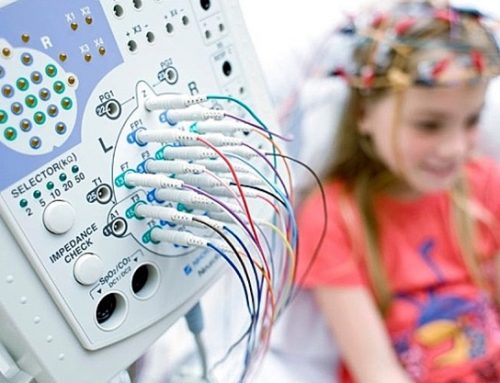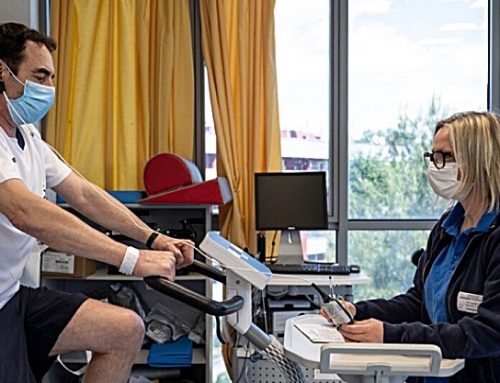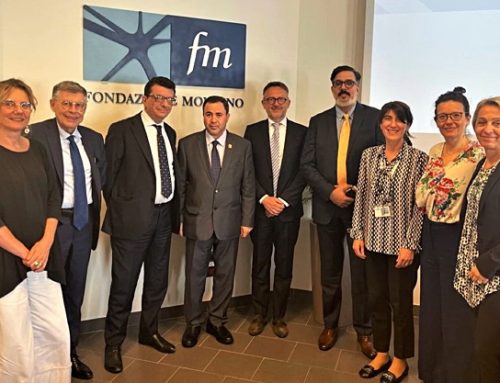NEUROMOTOR REHABILITATION: THE HIGH SPECIALIZATION OF THE QUARENGHI INSTITUTE
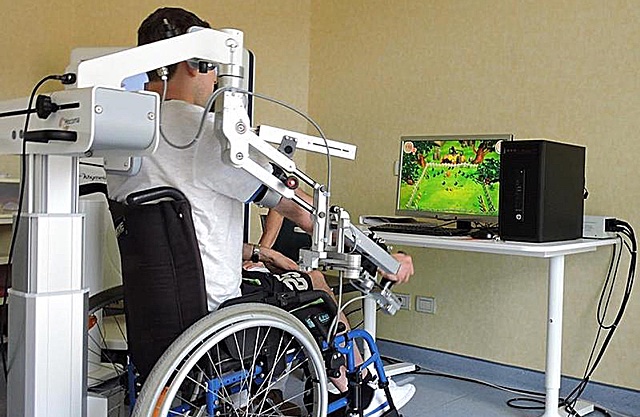
The Quarenghi Clinical Institute is at the forefront of neurorehabilitation technologies and innovative robotic support for people with neuromotor injuries, as confirmed by a recent symposium held in San Pellegrino Terme in collaboration with the Institute and attended by leading national and international experts in the field.
In cases of injuries or conditions resulting from strokes or degenerative illnesses like Parkinson’s disease or multiple sclerosis, robots are utilized to enhance body position, equilibrium, and gait – all crucial aspects of a patient’s life. This intervention not only enhances the mechanical functions but also cognitive and psychological aspects.
Robotics enables the measurement of numerical parameters that objectively characterise a patient’s motor and cognitive functions, thereby facilitating analysis of their rehabilitation progress. In recent years, robotics has merged with artificial intelligence: robots record data and apply specialised algorithms to clinical scales, thereby enabling prediction of motor and cognitive recovery within a specified timeframe.
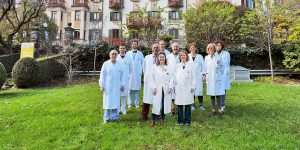 The Quarenghi Clinical Institute in San Pellegrino Terme (BG) offers inpatient healthcare to roughly 750 patients annually, resulting in a total of 21,000 hospitalized days. The Neuromotor Rehabilitation Unit (60 beds) is staffed by a multidisciplinary team of doctors (physiatrists, neurologists and orthopaedists), psychologists and neuropsychologists, physiotherapists, speech therapists, orthophonists, nurses, health workers, and external orthopaedic technicians. It features occupational therapy rooms, speech therapy, individual patient treatment, two fully-equipped gyms, a state-of-the-art hydrotherapy pool, and partial hydrotherapy pools for the treatment of neurological and orthopaedic conditions. Technical abbreviations are explained upon first use, and the language is clear, concise, and objective.
The Quarenghi Clinical Institute in San Pellegrino Terme (BG) offers inpatient healthcare to roughly 750 patients annually, resulting in a total of 21,000 hospitalized days. The Neuromotor Rehabilitation Unit (60 beds) is staffed by a multidisciplinary team of doctors (physiatrists, neurologists and orthopaedists), psychologists and neuropsychologists, physiotherapists, speech therapists, orthophonists, nurses, health workers, and external orthopaedic technicians. It features occupational therapy rooms, speech therapy, individual patient treatment, two fully-equipped gyms, a state-of-the-art hydrotherapy pool, and partial hydrotherapy pools for the treatment of neurological and orthopaedic conditions. Technical abbreviations are explained upon first use, and the language is clear, concise, and objective.
Patients admitted to the Functional Unit of Neuromotor Rehabilitation are in the post-acute stage, having come from other institutions following neurosurgical, orthopedic surgery or recent traumas, including polytraumas, or due to neurological damage. They undergo rehabilitative therapies (follow-up) during acute exacerbation of chronic pathologies, through ordinary programmed hospitalization, day hospital or MAC regimen.
Neuromotor Rehabilitation comprises the Neuropsychology Laboratory, carrying out neuropsychological evaluations to identify cognitive-behavioral deficits, such as attention, reasoning, memory, and language abilities. Specific rehabilitation schemes are enacted for the retrieval of skills deficits and reintroduction into the work, school, and social setting. The patient follows a gradual and progressive therapeutic programme while family members attend regular meetings to receive helpful guidance, creating ideal conditions for reintegration into home and society.
The Neuromotor Rehabilitation unit is equipped with machinery for physical therapies, including antalgic electrotherapy, galvanotherapy, ionophoresis, infrared radiation, laser analgesic therapy, magnetotherapy, radar therapy, ultrasound therapy, focused shockwaves, and electrostimulation.
The Institute is also equipped with clinical tools for the assessment of balance disorders with stabilometric and posturometric stabilization platform; for personalized treatments of lymphatic drainage, massotherapy, pressotherapy and bio-feedback; speech therapy treatments (aphasia, orthophony; dyslexia, dyscalculia, aphasia trainings).
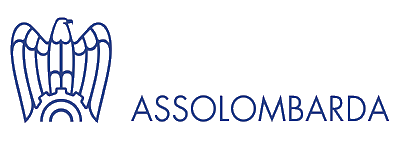
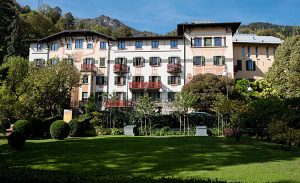
 Dr Annamaria Quarenghi is Director of the Specialist Rehabilitation Unit I and Head of the Neuromotor Area of the Quarenghi Clinical Institute.
Dr Annamaria Quarenghi is Director of the Specialist Rehabilitation Unit I and Head of the Neuromotor Area of the Quarenghi Clinical Institute.